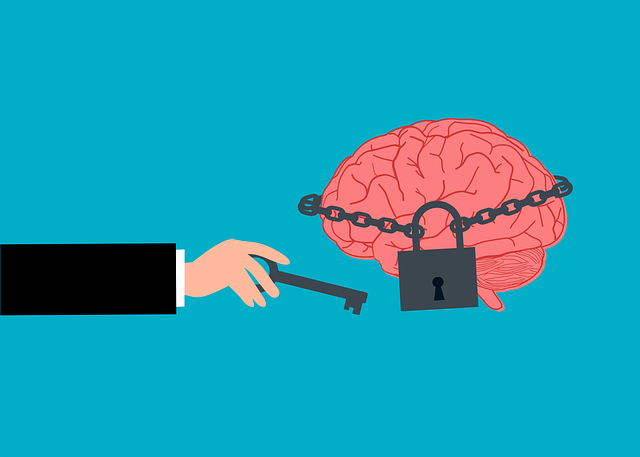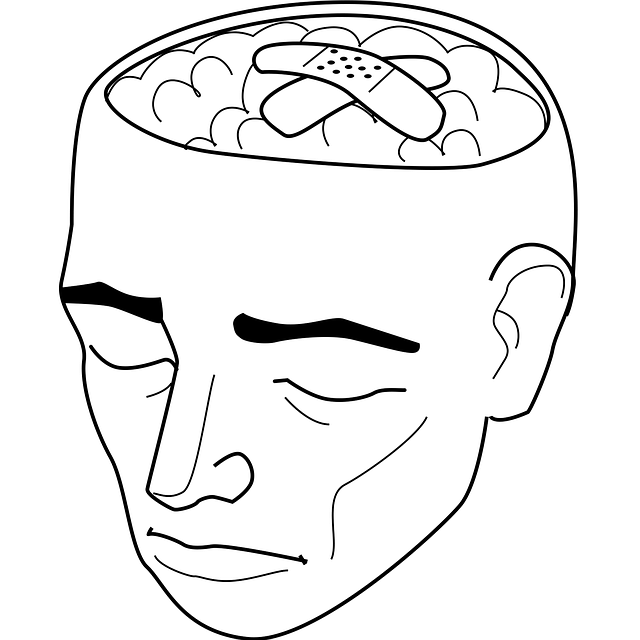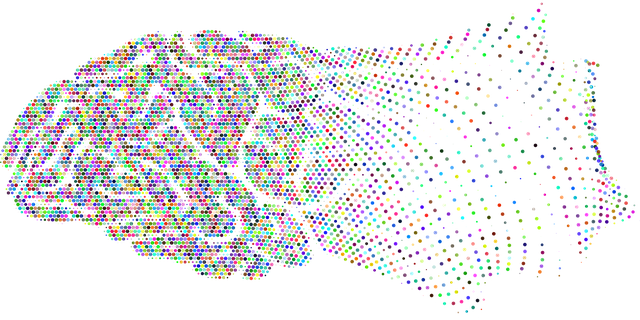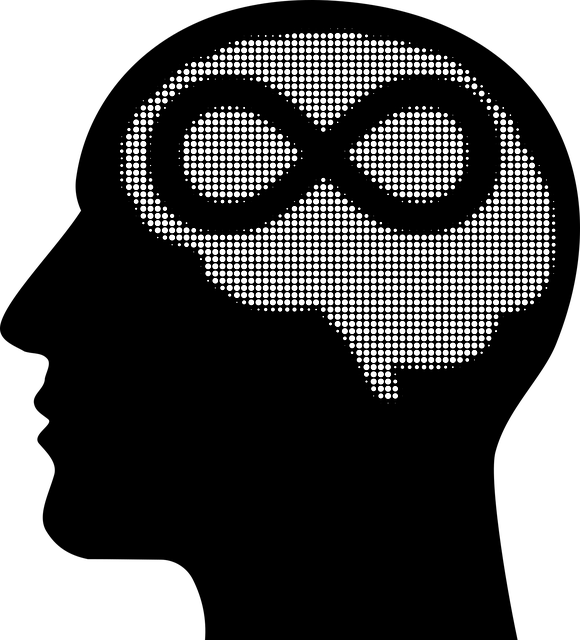Prioritizing mental wellness in today's fast-paced world requires effective self-assessment tools like those used in Arvada Divorce Therapy. These tools, designed with emotional, psychological, and behavioral health in mind, delve into daily life aspects such as relationships, work, and personal values to provide professionals with detailed insights. Incorporating principles from Arvada Divorce Therapy, these assessments leverage open communication, trauma support services, and user-friendly design to promote emotional resilience and coping mechanisms, ensuring accurate self-reflection and personalized improvement goals. Regular testing and feedback loops mimic successful podcast series production to continuously enhance the tool's effectiveness in supporting mental wellness and trauma support services.
Mental wellness self-assessment tools play a crucial role in promoting individual awareness and supporting holistic well-being. As the need for accessible mental health resources grows, so does the demand for effective self-evaluation methods. This article explores the development of comprehensive mental wellness self-assessment tools, drawing on principles from Arvada Divorce Therapy to foster resilience and personal growth. By identifying key components, integrating therapeutic insights, and prioritizing user-friendliness, these tools offer a powerful means to enhance mental health awareness and accessibility.
- Understanding the Need for Self-Assessment Tools in Mental Health
- Identifying Key Components of a Comprehensive Self-Assessment
- Integrating Arvada Divorce Therapy Principles into Self-Evaluation Frameworks
- Development and Design Considerations for User-Friendly Assessment Tools
- Testing, Feedback, and Iteration for Effective Mental Wellness Self-Assessment
Understanding the Need for Self-Assessment Tools in Mental Health

In today’s fast-paced world, recognizing and prioritizing mental wellness is more crucial than ever. Self-assessment tools play a pivotal role in this process, offering individuals an opportunity to gain profound insights into their emotional well-being. These tools are especially valuable for those navigating challenging life circumstances, such as those seeking Arvada Divorce Therapy. By providing a structured framework for reflection, self-assessment allows people to identify areas of distress or growth, empowering them to take proactive steps towards healing and resilience.
One such tool gaining traction is the integration of journaling exercises within community outreach programs. The Mental Wellness Journaling Exercise Guidance can be a powerful resource, encouraging individuals to express their thoughts and emotions while offering a safe space for reflection. This practice has been shown to foster trauma support services by helping users process past traumas and cultivate coping mechanisms, ultimately enhancing overall mental wellness.
Identifying Key Components of a Comprehensive Self-Assessment

When developing a self-assessment tool for mental wellness, it’s crucial to identify and incorporate key components that accurately reflect an individual’s emotional, psychological, and behavioral health. These tools should go beyond surface-level indicators and delve into various aspects of daily life, including relationships, work, leisure activities, and personal values. For instance, a comprehensive self-assessment for individuals seeking Arvada Divorce Therapy might include sections on conflict resolution techniques they employ within their marriages, as well as questions related to anxiety relief strategies they find effective. By assessing these areas, professionals can gain deeper insights into the client’s mental wellness landscape.
Furthermore, a robust self-assessment should prioritize burnout prevention by evaluating energy levels, stress management practices, and overall satisfaction with various life domains. Incorporating questions about conflict resolution techniques and anxiety relief methods not only helps in identifying potential triggers but also provides an opportunity for users to reflect on coping mechanisms that promote mental wellness. These insights can guide individuals toward making informed decisions regarding their emotional well-being, whether they are seeking professional help or implementing self-care practices to enhance their overall quality of life.
Integrating Arvada Divorce Therapy Principles into Self-Evaluation Frameworks

Integrating Arvada Divorce Therapy principles into self-evaluation frameworks offers a comprehensive approach to mental wellness assessment. This innovative strategy leverages the power of evidence-based practices, focusing on emotional resilience and coping mechanisms in challenging situations, such as divorce or separation. By adopting these principles, traditional self-assessment tools can be enhanced, providing individuals with a deeper understanding of their mental health status.
Arvada Divorce Therapy emphasizes open communication, active listening, and trauma support services to facilitate personal growth and healing. Incorporating these techniques into self-evaluation frameworks allows for a nuanced exploration of an individual’s emotional well-being. This is particularly beneficial in identifying potential risks (as per Risk Assessment for Mental Health Professionals) and fostering mental health awareness, ensuring that self-assessments are not only accurate but also therapeutic.
Development and Design Considerations for User-Friendly Assessment Tools

When developing self-assessment tools for mental wellness, user-friendliness is paramount to encourage consistent use and accurate self-reflection. The design should be intuitive, ensuring individuals from diverse backgrounds can navigate it effortlessly. Incorporate clear and concise language, avoiding complex jargon that might deter users. Visual elements like charts and graphs can simplify data interpretation, making the process engaging and less intimidating. For instance, tools designed to assess emotional well-being promotion techniques or stress reduction methods could use color-coding or interactive features to represent different levels of intensity or frequency.
Moreover, resilience building should be a central focus in the tool’s development. Incorporate questions that encourage users to recognize their coping mechanisms and adaptive behaviors. The assessment should be adaptable, allowing individuals to set personalized goals for self-improvement, such as managing stress or cultivating emotional resilience. Arvada Divorce Therapy, for example, has successfully integrated user-friendly self-assessment tools that guide clients through complex emotions, offering tailored strategies for coping with divorce-related stressors.
Testing, Feedback, and Iteration for Effective Mental Wellness Self-Assessment

Effective mental wellness self-assessment tools are developed through a rigorous process of testing, feedback, and iteration. The initial phase involves administering the tool to a diverse group of individuals to gather baseline data on its performance. This includes assessing the clarity of questions, the reliability of responses, and the overall user experience. Feedback from this pilot test is invaluable, highlighting areas for improvement and ensuring the tool aligns with users’ needs.
Iteration is key as developers refine the self-assessment based on feedback. This might involve simplifying language, adding or removing questions, or reorganizing sections to enhance understanding and engagement. Regular testing and feedback loops, similar to those utilized in Arvada Divorce Therapy’s mental wellness podcast series production, allow for continuous improvement. Ultimately, this ensures that the tool effectively supports users’ self-care practices and provides valuable insights into their mental wellness, even incorporating trauma support services as needed.
The development of user-friendly mental wellness self-assessment tools is a vital step forward in promoting individual well-being. By integrating principles from innovative approaches like Arvada Divorce Therapy, we can create comprehensive frameworks that cater to diverse needs. Through careful consideration of key components and iterative testing, these tools have the potential to revolutionize access to mental health support, enabling individuals to take control of their emotional journeys.














